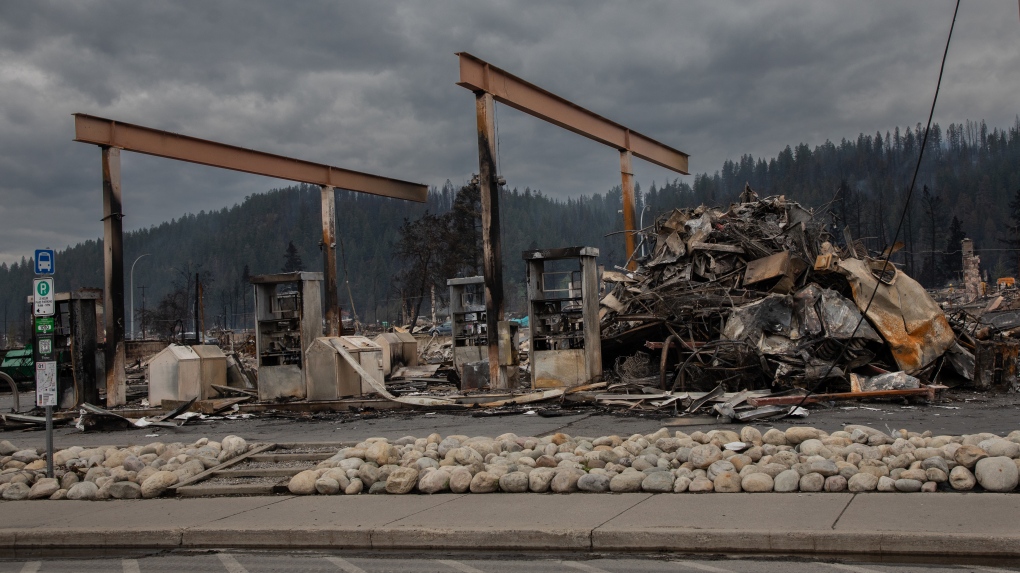Latest News
- 'Truly a Christmas miracle': Black bear cub survives burns in northern British Columbia
- Mexico seizes Olympic medals, motorcycles in massive operation, possibly in pursuit of Canadian fugitive Ryan Wedding
- Canadian government suspends ban on single-use plastics exports
- More than 300 pistachio products recalled following ongoing salmonella outbreak
- Anita Anand supports Greenland's sovereignty; Washington once again talks about annexing the territory
Latest Ads
-
Jasmine Jewel
Call
-
Omidan group
Call
-
Amir Madanpour
Call
-
Dimo studio
Call
-
Yorkacademy
Call
-
Maryambagheri
Call
-
Shishlix Restaurant
Call

2024 wildfire season is on track to be second largest in last two decades
Canada's wildfire season is heading for its second-highest on record in two decades, and last year alone saw the most fires, with a record 15 million hectares burned.
Above-average temperatures and drought conditions in some parts of Canada continue to fuel wildfire activity, federal officials said. So far, about 5.3 million hectares have burned, although they cautioned that this number is indicative.
Except for last year's fire season, only three other seasons have reported more than 5 million acres of fire, the last of which was in 1995, according to federal records.
With fire seasons starting earlier and ending later due to climate change, it's increasingly clear that Canada needs to shift from the concept of a fire season to the idea of a continuous fire year, says Ian Boulanger, a research scientist at Natural Resources Canada.
Several of the last 10 years have been above the 25-year average for area burned, he said, largely due to more intense fire conditions and longer seasons caused by climate change.
At a news conference, officials said western Canada has been hit the hardest, with about 70 percent of the total area burned so far in British Columbia, Alberta, the Northwest Territories and Saskatchewan.
news source
Suggested Content
Latest Blog
Login first to rate.
Express your opinion
Login first to submit a comment.
No comments yet.


































